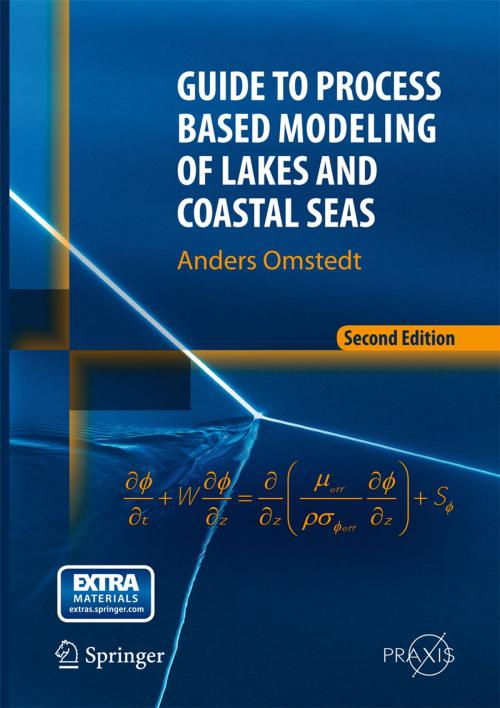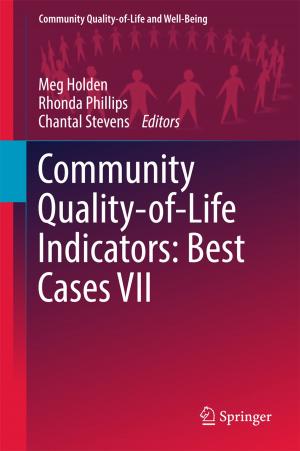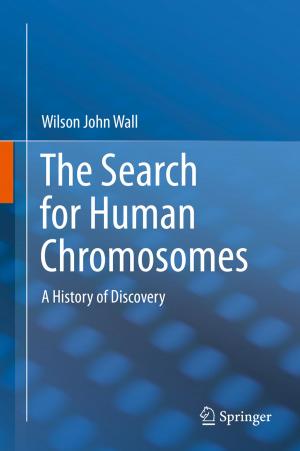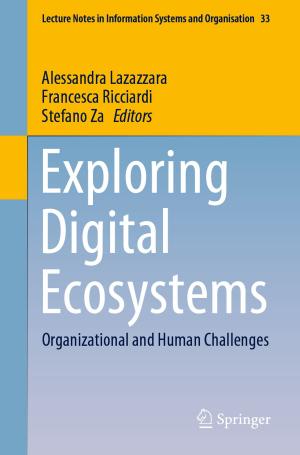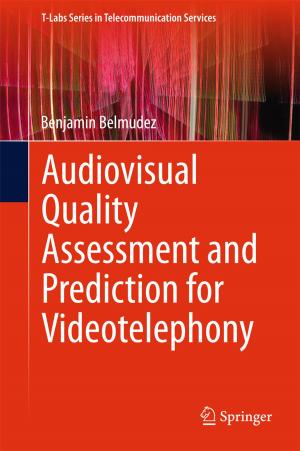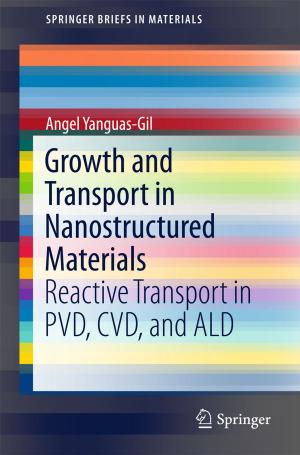Guide to Process Based Modeling of Lakes and Coastal Seas
Nonfiction, Science & Nature, Science, Earth Sciences, Oceanography, Geology| Author: | Anders Omstedt | ISBN: | 9783319179902 |
| Publisher: | Springer International Publishing | Publication: | July 21, 2015 |
| Imprint: | Springer | Language: | English |
| Author: | Anders Omstedt |
| ISBN: | 9783319179902 |
| Publisher: | Springer International Publishing |
| Publication: | July 21, 2015 |
| Imprint: | Springer |
| Language: | English |
This new edition of Guide to Process Based Modeling of Lakes and Coastal Seas brings the modeling up to date, taking into account multiple stressors acting on aquatic systems. The combination of acidification and increasing amounts of anoxic waters associated with eutrophication puts severe stress on the marine environment. The detection and attribution of anthropogenic changes in coastal seas are therefore crucial and transparent modeling tools are increasingly important. Modeling the marine CO2–O2 system makes systematic studies on climate change and eutrophication possible and is fundamental for understanding the Earth system. This second edition also includes new sections on detection and attribution and on modeling future changes, as well as improved exercises, updated software, and datasets.
This unique book will stimulate students and researchers to develop their modeling skills and make model codes and data transparent to other research groups. It uses the general equation solver PROBE to introduce process-oriented numerical modeling and to build understanding of the subject step by step. The equation solver has been used in many applications, particularly in Sweden and Finland with their numerous lakes, archipelago seas, fjords, and coastal zones. It has also been used for process studies in the Polar Seas and the Mediterranean Sea and the approach is suitable for applications in many other environmental applications.
Guide to Process Based Modeling of Lakes and Coastal Seas:
• is a unique teaching tool for systematic learning of aquatic modeling;
• approaches lake and ocean modeling from a new angle;
• introduces aquatic numerical modeling using a process-based approach;
• enables the thorough understanding of the physics and biogeochemistry
of lakes and coastal seas;
• provides software, datasets, and algorithms needed to reproduce all
calculations and results in the book;
• provides a number of creative and stimulating exercises with solutions;
• addresses the interaction between climate change and eutrophication
and is a good basis for learning Earth System Sciences.
This new edition of Guide to Process Based Modeling of Lakes and Coastal Seas brings the modeling up to date, taking into account multiple stressors acting on aquatic systems. The combination of acidification and increasing amounts of anoxic waters associated with eutrophication puts severe stress on the marine environment. The detection and attribution of anthropogenic changes in coastal seas are therefore crucial and transparent modeling tools are increasingly important. Modeling the marine CO2–O2 system makes systematic studies on climate change and eutrophication possible and is fundamental for understanding the Earth system. This second edition also includes new sections on detection and attribution and on modeling future changes, as well as improved exercises, updated software, and datasets.
This unique book will stimulate students and researchers to develop their modeling skills and make model codes and data transparent to other research groups. It uses the general equation solver PROBE to introduce process-oriented numerical modeling and to build understanding of the subject step by step. The equation solver has been used in many applications, particularly in Sweden and Finland with their numerous lakes, archipelago seas, fjords, and coastal zones. It has also been used for process studies in the Polar Seas and the Mediterranean Sea and the approach is suitable for applications in many other environmental applications.
Guide to Process Based Modeling of Lakes and Coastal Seas:
• is a unique teaching tool for systematic learning of aquatic modeling;
• approaches lake and ocean modeling from a new angle;
• introduces aquatic numerical modeling using a process-based approach;
• enables the thorough understanding of the physics and biogeochemistry
of lakes and coastal seas;
• provides software, datasets, and algorithms needed to reproduce all
calculations and results in the book;
• provides a number of creative and stimulating exercises with solutions;
• addresses the interaction between climate change and eutrophication
and is a good basis for learning Earth System Sciences.
